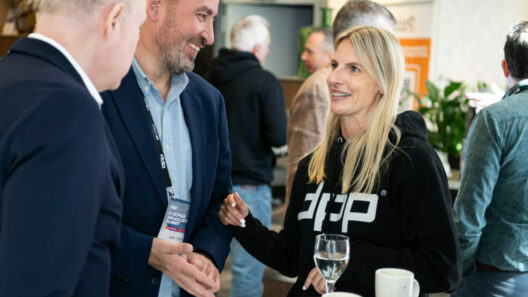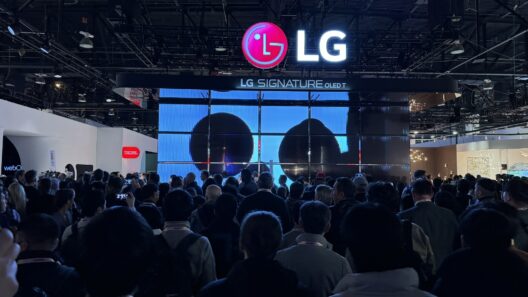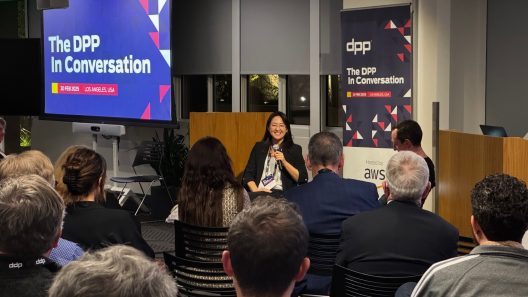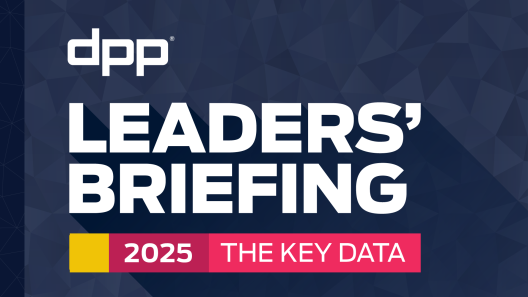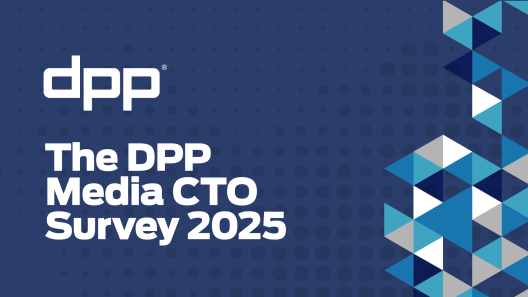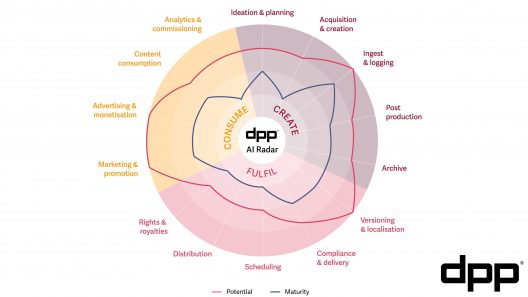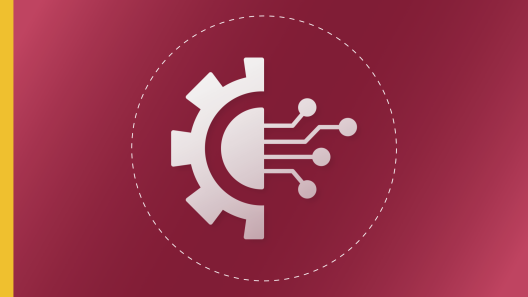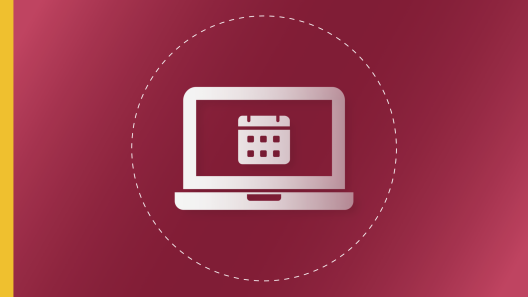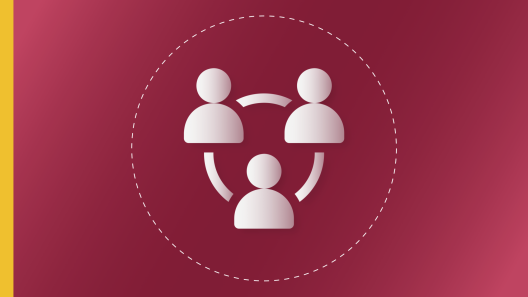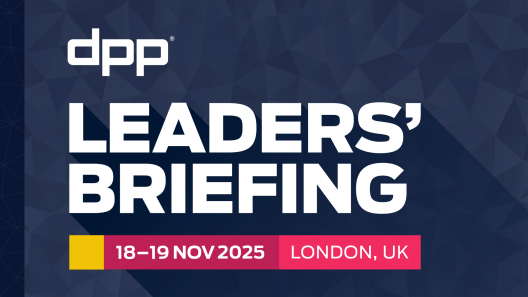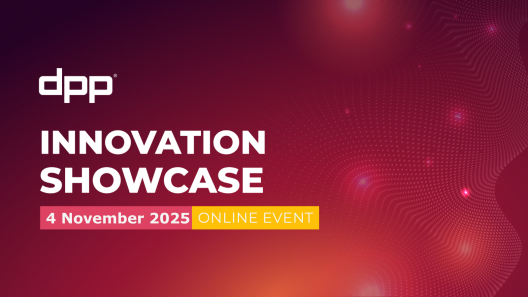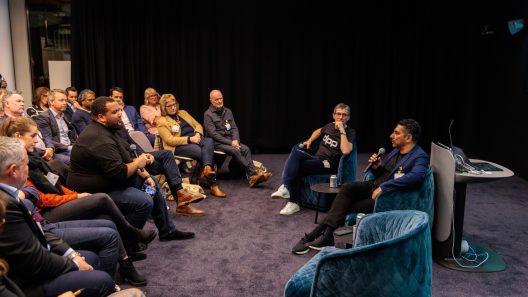
Is content commissioning ultimately an art or a science? That was the starting point of an August 2024 episode of the DPP Podcast, which featured Nick Moreno and Jens Costers from Mediagenix.
Speaking with DPP Editorial Director Edward Qualtrough, the duo discussed the company's 'human-in-the-loop' approach to product strategy and development, and how the organisation works with customers to balance the art and the science of media technology implementations.
Moreno, Director of Product Marketing at Mediagenix, said that one of the biggest challenges for broadcasters and content rights holders today is uncertainty.
"By that I mean uncertainty over business models," he said. "How content will be distributed and monetised in the immediate future. We all know there's so many different revenue and business models today: linear, on-demand, FAST, third-party monetisation — and for any individual broadcaster the relative importance of that always waxes and wanes."
Since there is no single 'winning' model which will succeed, what broadcasters therefore need is flexibility.
"The flexibility to respond to changing market opportunities, distribution models and monetisation avenues. So flexibility is something broadcasters really need at the moment, and they need that throughout the value chain."
Predicting audience engagement
Moreno added that content commissioning approaches, and ultimately the impact on ratings and audience engagement, is an area where media companies can align technology innovation with the experience of industry know-how.
"In the past, content commissioning was largely considered an art. Commissioners relied on their knowledge of the audience, gut feelings, and perhaps a pilot show with some audience feedback to make decisions," Moreno said.
"Today hundreds, if not thousands, of data inputs can help us understand what audiences might like — far too many data points for any one person to fully grasp. But content commissioning certainly can’t be 100% art or 100% science. It's crucial to allow the professionals to adjust this balance depending on their situation, the context they're in, the broadcaster they work with, and the market they face. I believe AI and ML can refine what was once a purely art-driven approach to commissioning."
"AI and ML can refine what was once a purely art-driven approach to commissioning."
Nick Moreno, Mediagenix
Costers, a Mediagenix Product Manager, explained the approach at Mediagenix to development.
"At Mediagenix we believe that using a 'human-in-the-loop' approach with explainable AI ensures successful machine learning product deployment, fast return on investment, and a high user adoption," he said.
"These methods allow human experts to identify and mitigate machine learning biases, improving the outcome of the machine learning product. So while machine learning models handle large data efficiently, human experts ensure the quality."
Costers said that those principles are designed into the company's Ratings Artist product, a tool which uses machine learning and historical data to predict TV ratings for all content types and target demographics."
Co-development
Mediagenix worked with Dutch media company Talpa Network as part of the development. Coasters said that it was critical to engage the intended end users from the outset.
"The key to having a good customer vendor partnership, and what we mainly learned from working together with Talpa, is to have a change management approach from the bottom up as soon as possible in the project. That way you are empowering end users who are engaged from the beginning — and it's also very important is to work together towards a common strategic goal."
Moreno added that it is crucial for technology suppliers to work with media and broadcast companies from the start of the product development process.
"Lots of vendors say they do this, but in practice they don't, they only bring customers in once there is a working prototype and I think that's far too late," Moreno said.
"Perhaps more important is to have real honest and open dialogue between vendor and potential customer. You need to trust each other enough to say when things are working, where things are not working. If you bring those two things together, you'll get some amazing products."
Get involved
To find out more about the DPP Podcast, please contact:
If your company is not a DPP member, you can learn more about the benefits of membership, or contact Michelle to discuss joining.
If your company is not a DPP member, you can learn more about the benefits of membership, or contact Michelle to discuss joining.




